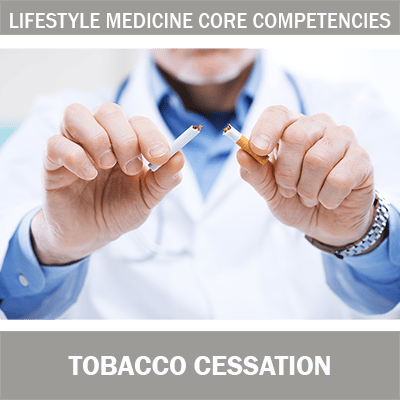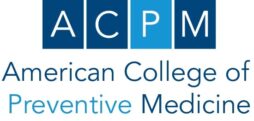Faculty
Shaylona Kirk, MD, MPH, MA
No relationships to disclose
Planners
Susan Benigas
Executive Director, ACLM
No relationships to disclose
Donna Grande, MGA
Chief Executive Officer, ACPM
No relationships to disclose
Angela Mickalide, PhD, MCHES
Vice President of Programs and Education, ACPM
No relationships to disclose
Stephanie Madrigal, MS
Manager, Education, ACPM
No relationships to disclose
Liana Lianov, MD, MPH, FACPM, FACLM, DipABLM
HealthType LLC, Principal and Founder
No relationships to disclose
Paulina Shetty, MS, RDN, CPT, DipACLM
Director of Education, ACLM
No relationships to disclose
Alexandra Kees, MPH
Education Project Manager, ACLM
No relationships to disclose
Amanda Zelek, PharmD, DipACLM
Reviewer, ACLM
No relationships to disclose
Kelly Freeman, MSN, AGPCNP-BC, DipACLM
Director, Academic Advancement, ACLM
No relationships to disclose
Faculty Disclosures
The American College of Preventive Medicine supports fair and unbiased participation of individuals in Academy/Foundation education activities. Any real or potential conflicts of interest must be identified and managed. All relevant financial relationships with commercial interests that directly impact and/or might conflict with College activities must be disclosed, or disclosure that no relevant financial relationships exist must be documented. Other relationships that could cause private interests to conflict with professional interests must also be disclosed. This policy is intended to openly identify any potential conflict so that participants in an education activity are able to form their own judgments about the presentation. In addition, disclosure must be made of presentations on drugs or devices or uses of drugs or devices that have not been approved by the Food and Drug Administration.
This activity does not include any discussion of drugs and devices that have not been approved by the United States Food and Drug Administration. No off-label use is discussed in this publication.
This activity did not receive commercial support.


